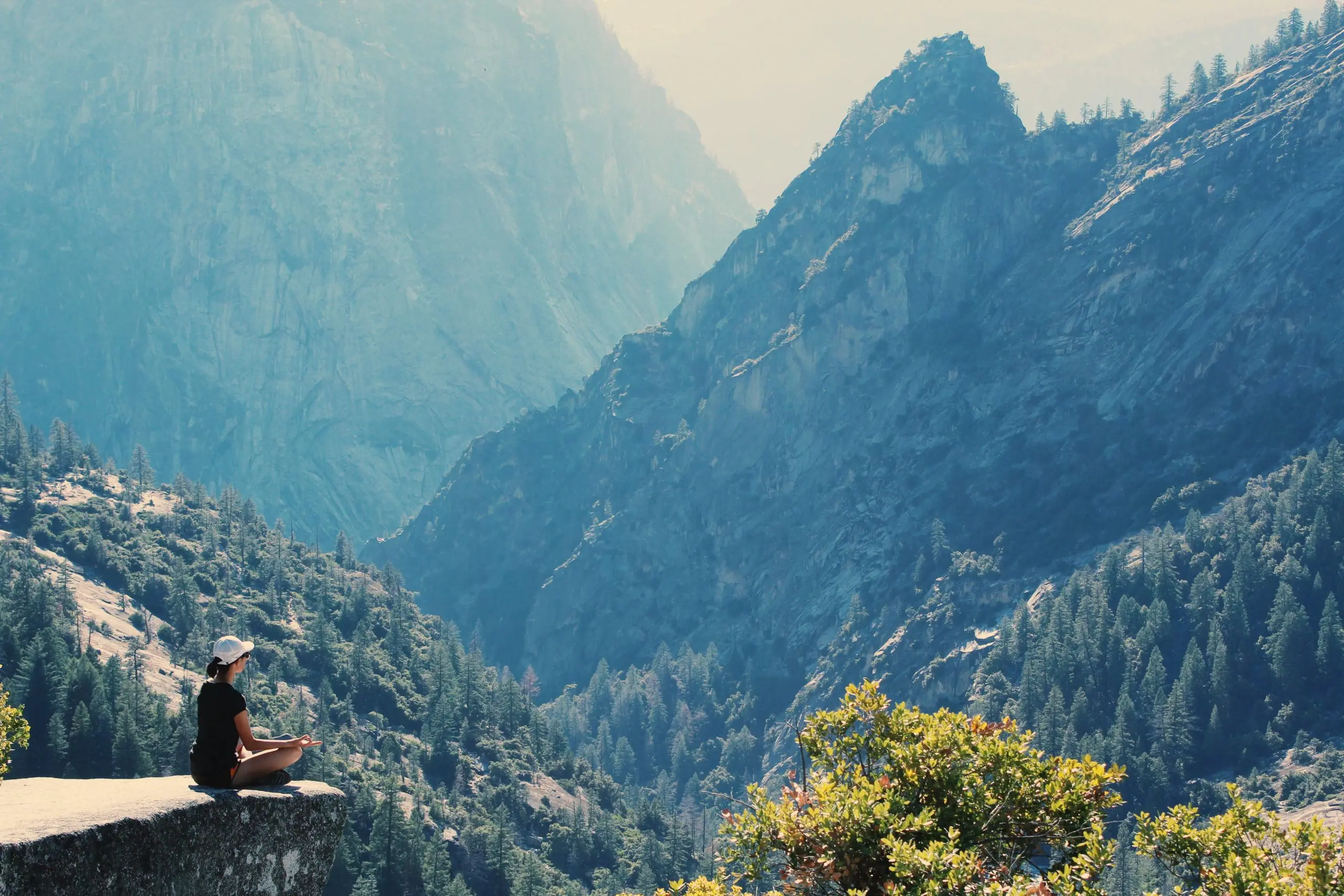In a world driven by screens, deadlines, and constant noise, many people feel overwhelmed and disconnected from themselves. The search for inner peace is no longer a luxury—it’s a necessity. One of the most effective, yet often overlooked, ways to reset your mind and body is through nature travel.
Whether it’s hiking in remote mountains or listening to the gentle crash of waves, nature has the power to quiet our inner chaos and bring us back to balance.
Why Nature Travel Is a Gateway to Mindfulness
There’s something inherently calming about being surrounded by trees, water, or wide-open skies. Studies have shown that spending time in natural environments lowers cortisol levels, reduces anxiety, and improves overall mental well-being.
It’s not just about escaping the city—it’s about reconnecting with your surroundings and, ultimately, with yourself.
Even when travelling to urban areas, some travellers look for quiet pockets of nature or mindful activities to unwind.
After a long hike or a peaceful lakeside picnic, many choose to wind down with relaxing pastimes like reading, meditating, or even playing a game at xon bet, where the right setting can turn casual entertainment into a calming experience. The key lies in making intentional choices, even during downtime.
The Principles of Mindful Travel
Mindful travel goes beyond sightseeing. It involves being present in each moment, appreciating the beauty of your environment, and moving with purpose. Incorporating mindfulness into your travels doesn’t mean you need to follow a strict routine—it simply asks you to slow down and observe more deeply.
Key concepts to keep in mind:
- Presence over planning: Let go of rigid schedules and allow for spontaneous moments.
- Silence is golden: Find time for quiet reflection without distractions.
- Connect with your senses: Pay attention to what you see, hear, feel, smell, and taste.
- Minimise digital interruptions: Switch off notifications and resist the urge to document everything.
- Travel light: Carry only what you truly need, physically and emotionally.
These principles help turn ordinary trips into experiences that nourish your mind and soul.
Destinations That Inspire Inner Calm
While any natural setting can offer moments of peace, some locations are particularly known for their meditative qualities. These destinations combine beauty, tranquillity, and accessibility to help travellers fully immerse themselves in the present.
Here are some examples:
- Japanese Zen gardens – Kyoto’s traditional gardens are designed for quiet contemplation.
- Nordic fjords – The dramatic landscapes of Norway offer a striking backdrop for reflection.
- New Zealand’s South Island – With its vast wilderness and serene lakes, it’s ideal for solo retreats.
- Patagonia – Remote and raw, this region in Argentina and Chile invites deep introspection.
- Iceland’s hot springs – Combining warmth and nature, they promote physical and mental relaxation.
Choosing the right destination depends on your preferences, but all offer a chance to slow down and reconnect.
Practices That Enhance Mindful Travel
To fully embrace the benefits of nature exploration, try integrating these simple practices into your journey. They don’t require any special tools—just your willingness to observe and engage more consciously.
Techniques for mindfulness on the road:
- Walking Meditation: Choose a quiet trail and focus on the rhythm of your steps and the sensations beneath your feet.
- Nature Journaling: Spend a few minutes each day noting what you’ve seen, how you felt, or what you discovered.
- Mindful Eating: Enjoy local food slowly and with awareness, appreciating the textures, flavours, and smells.
- Digital Detox Hours: Set daily periods with no phones or screens. Use that time to watch clouds, listen to birds, or simply breathe.
- Gratitude Rituals: Each evening, write down three things from the day that brought you joy or peace.
By incorporating even one or two of these practices, you can deepen the emotional and psychological rewards of your trip.
How Nature Travel Affects the Brain and Body?
Beyond the emotional sense of peace, science supports the health benefits of spending time in natural environments. Our brains are wired to respond positively to the rhythms and stimuli of the natural world.
Positive impacts of nature exploration:
- Reduced stress hormones – Nature has been shown to lower levels of cortisol and adrenaline.
- Enhanced creativity – Disconnecting from screens allows the brain to reset and generate new ideas.
- Improved sleep quality – Exposure to natural light helps regulate circadian rhythms.
- Lower blood pressure – Spending time outdoors can help manage hypertension naturally.
- Boosted mood and energy – Fresh air and movement both contribute to higher dopamine levels.
In short, taking even short nature-focused getaways can have long-lasting benefits on your overall well-being.
Making Mindful Travel a Lifestyle, Not Just a Trip
It’s easy to feel mindful and peaceful when surrounded by mountain air or ocean views. The real challenge is bringing that same intention into everyday life. The good news? Mindful travel can be a gateway to lasting habits.
Start by planning regular nature escapes, even if they’re brief—like a weekend in a forest cabin or a single morning hike. Keep a travel-inspired journal or photo collection that reminds you of how you felt in those moments of calm. Look for opportunities to bring nature into your home with plants, natural lighting, or outdoor walks.
And above all, be intentional. You don’t need to book a retreat or a month-long sabbatical to explore mindfulness. It starts with a single choice: to slow down, look around, and appreciate the moment you’re in.
Feeling overwhelmed by daily life? Consider planning your next getaway with mindfulness at the heart of it. Whether it’s a silent morning walk or a week-long mountain retreat, your path to inner peace may be just a journey away.



